South Korea’s Visa-Free Entry for Chinese Tour Groups Sparks Mixed Reactions
Input
Modified
Muted Impact, Questions Over Bookings and Sales
Short-Lived Gains for Big Retailers, Widening Divide
Rising Crime Fears Fuel Political and Social Backlash
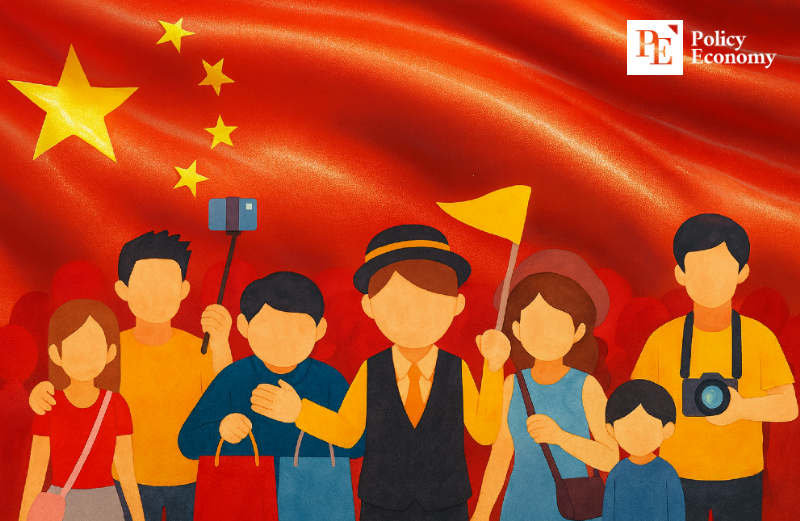
South Korea has begun allowing Chinese group tourists to enter without visas, but the field response has been less than enthusiastic. While duty-free stores and major retailers have seen a brief uptick in sales, small shopkeepers in local districts say they have felt little benefit. Changes in travel behavior—particularly the preference for independent travel—are deepening this divide. Meanwhile, concerns about overstaying, organized crime, and social security risks are sparking heated political debate.
Gap Between Expectations and Reality
According to the Ministry of Justice on the 1st, Chinese nationals can enter Korea without visas from September 29 through June 30 of next year, provided they book through designated agencies approved by the Ministry of Culture, Sports and Tourism or Korean diplomatic missions in China. Agencies must submit group lists of at least three travelers, and the Justice Ministry vets applications for past violations before granting entry. Even under the program, stays are capped at 15 days. Though the government touts the measure as both a way to control overstays and boost tourism demand, critics say restrictive conditions and cumbersome procedures limit its usefulness.
Travelers themselves echo the skepticism. A woman in her 20s visiting Seoul on September 30 said, “This is my second trip to Korea. I already know how to apply for a visa, and it wasn’t much trouble, so I just got one again.” Her comments highlight how the new system offers little incentive. Tourists complain the process is unfamiliar, complicated, and too restrictive to provide real benefits.
The atmosphere in key districts such as Myeongdong mirrors this. A mid-range cosmetics shop owner noted, “Chinese customers rose about 5% this week, but that’s largely because of the Golden Week holiday.” Hotels promoted the new policy by hosting Chinese influencers, but reported no surge in group bookings. Industry insiders add that travel demand is typically planned months in advance, making an immediate boom unrealistic.
Nevertheless, the government is optimistic. The Ministry of Justice and Ministry of Culture expect an additional one million Chinese visitors by mid-2025, pointing to China’s continued importance as Korea’s largest inbound market. Officials expect effects to snowball as the Golden Week holiday rolls into the year-end shopping season. For now, however, the gap between expectation and reality is striking.
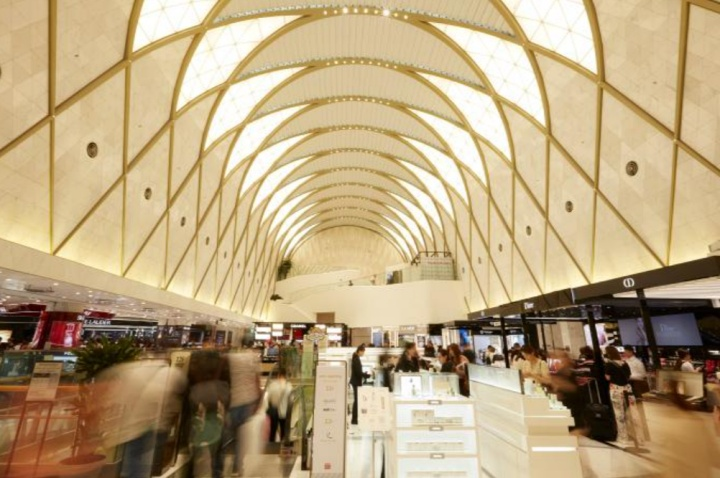
Local Shops Struggle to See Gains
The early “benefits” of the visa-free policy have been concentrated in duty-free outlets and large retailers. On launch day, most passengers disembarking from the cruise ship Dream at Incheon Port went directly to Seoul’s duty-free stores. Shinsegae lured them with gift campaigns, while Shilla and Lotte offered flowers and discounts of up to 60%. Some outlets reported foot traffic up 30%. Convenience store chains also stocked popular items like protein shakes and instant noodles, anticipating bulk purchases.
But these gains have not spread to small businesses. A souvenir stall owner in Myeongdong said, “More tourists would be nice, but I don’t expect much. My sales haven’t changed.” While duty-free stores absorbed thousands at once, street vendors remained empty. The imbalance illustrates how the policy, billed as a “tourism boost,” may instead intensify polarization in the retail sector.
Shifts in Chinese tourist behavior are another factor. In the past, package tours generated revenue for neighborhood restaurants and shops, but today, most visitors travel independently. Research by the Incheon Institute shows that in 2023, 95% of Chinese visitors to Korea were independent travelers, with only 4.7% in groups. These tourists prefer “hotspot” cafés in Seongsu, Hannam, or Hongdae, cosmetic procedures, and personalized shopping over souvenir kiosks. This consumption pattern channels spending to branded stores and trendy services, leaving little spillover for local businesses.
Trust in Policy Management Under Scrutiny
The uneven impact has quickly escalated into debate over safety and governance. Critics warn that while economic benefits accrue mainly to large retailers, social costs and security risks fall on the broader public. Anti-China rallies have been staged in Seoul, while online discussions speculate that visa-free entry could open the door to criminal infiltration. As anxiety grows, the policy is no longer viewed solely as tourism promotion but as a test of social acceptance and public safety.
Political figures have joined the chorus. On September 29, the day the program launched, Kim Min-soo, senior official of the ruling People Power Party, called the measure “a dangerous gamble with public safety” during a party meeting in Incheon. He flagged risks of overstays, illegal employment, organized crime, disease transmission, and community tensions. Kim warned that gangs could exploit visa-free entry to expand drug trafficking and voice phishing networks. Such statements, amplified by civil groups and online chatter, have even fueled conspiracy theories about human trafficking and organ trade.
Statistics lend weight to the concerns. Justice Ministry data show 35,283 crimes committed by foreign nationals last year, up 7.8% from the previous year. Chinese nationals accounted for 16,097, the largest share, followed by Vietnam (3,920), Thailand (2,203), the United States (1,772), and Russia (1,383). Foreigners involved in murder rose from 46 in 2023 to 73 last year, with Chinese nationals making up 42—more than half. These figures suggest that debate over the visa-free policy is not just political theater but a serious question of public trust in governance and law enforcement.

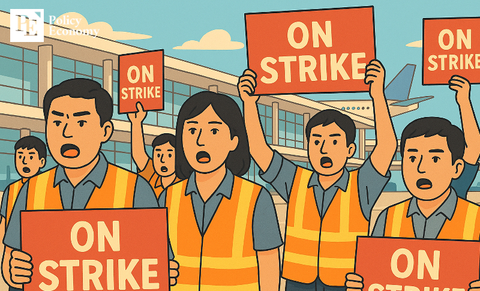
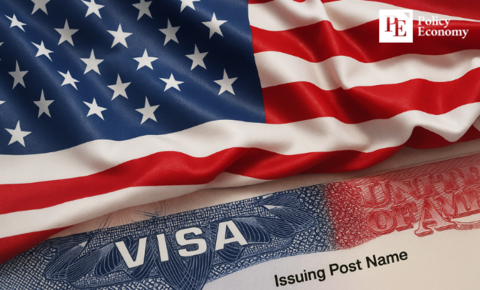

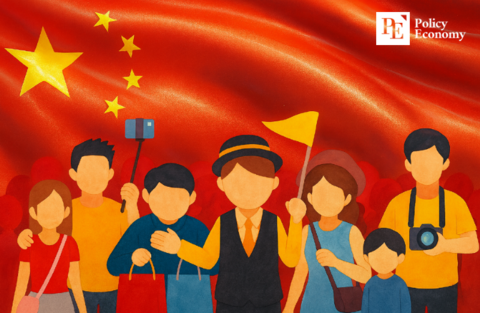
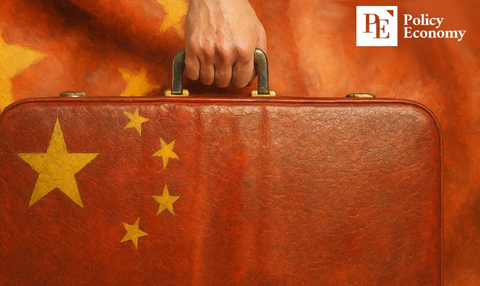
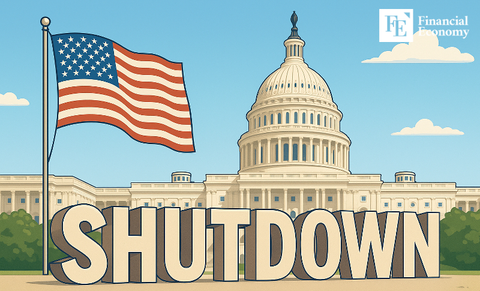
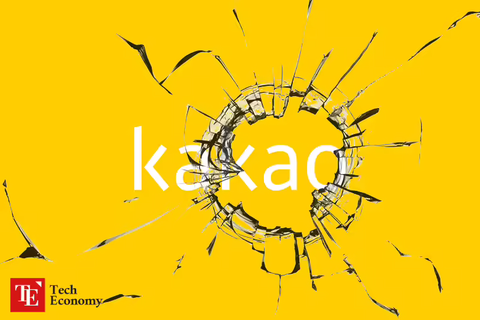

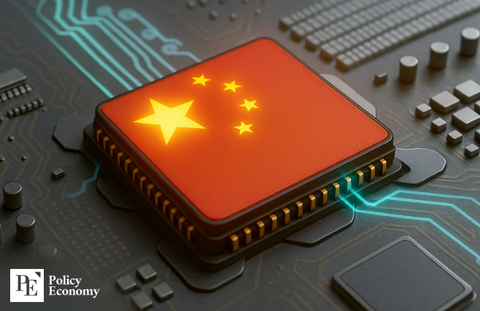












Comment